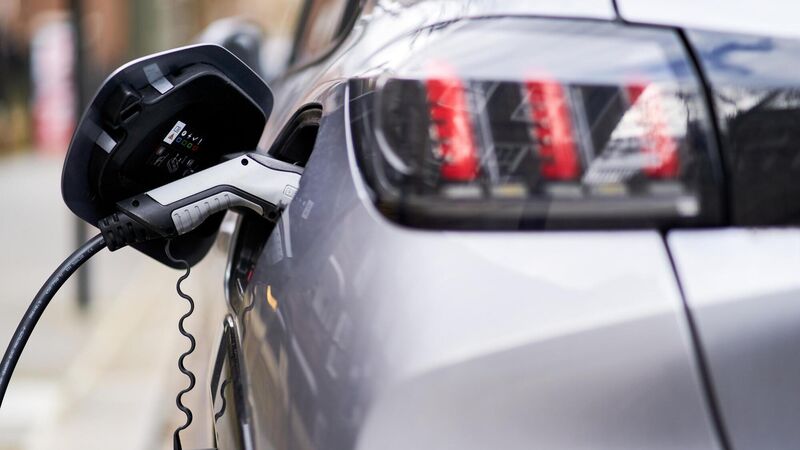We all know that ambition and forward planning can be powerful tools in any endeavour, provided they are harnessed to achieve positive results from potentially negative scenarios.
It would appear though that the current administration’s stated ambitions with regard to the swift creation of a new, clean, national electric car fleet — the Government wants to see 950,000 of them on Irish roads by 2030 — is being stymied by over-ambition and a severe lack of forward planning.
Already a subscriber? Sign in
You have reached your article limit.
Subscribe to access all of the Irish Examiner.
Annual €130 €80
Best value
Monthly €12€6 / month
Introductory offers for new customers. Annual billed once for first year. Renews at €130. Monthly initial discount (first 3 months) billed monthly, then €12 a month. Ts&Cs apply.
CONNECT WITH US TODAY
Be the first to know the latest news and updates














